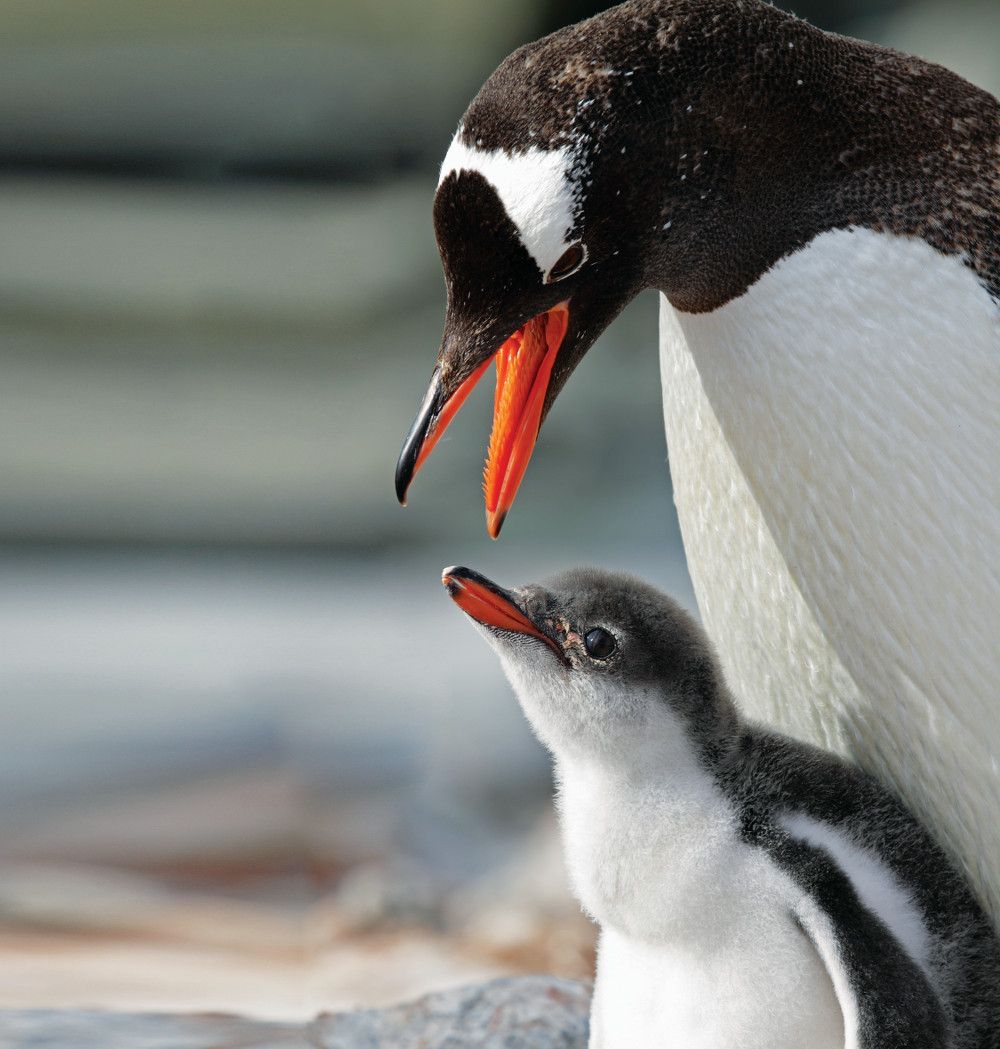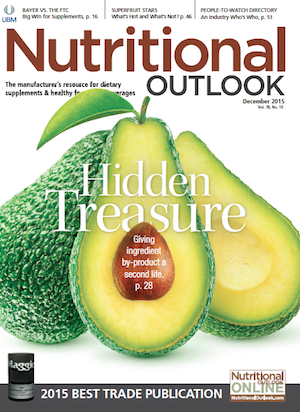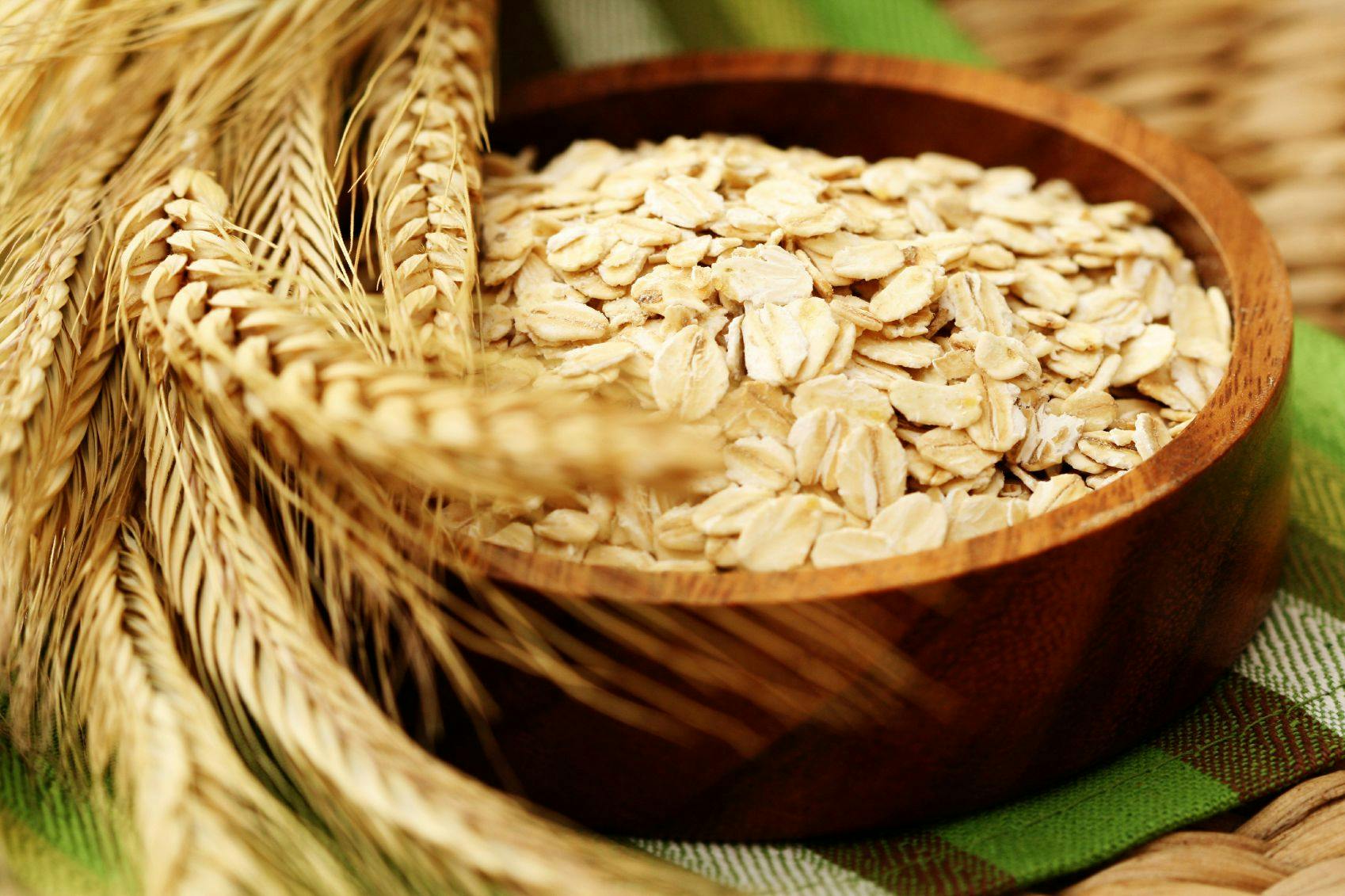Krill-Based Research Initiatives Will Strengthen Industry Sustainability
Researchers from the newly formed Antarctic Wildlife Research Fund embark on krill-based research initiatives that will further strengthen sustainable management of the fishery and the omega-3 ingredients industry as a whole.
Photo © www.dreamstime.com/mogens trolle

By Becky Wright, Marketing Director, Aker BioMarine Antarctic US
Earlier this year, scientists, NGOs, and krill oil supplier Aker BioMarine (Oslo, Norway)
established The Antarctic Wildlife Research Fund
(AWR) to obtain more scientific information on the Antarctic ecosystem. The AWR works with both commercial supporters, including dietary supplement firms, and individuals to raise donations for funding research on Antarctic ecosystem and wildlife. The Antarctic Wildlife Research Fund is supported by: BioMar Group, Blackmores, Dr. Mercola, Ridley Corp., and Swisse Wellness. The fund recently secured its first round of grants, marking an important moment and the culmination of an enormous amount of effort by the AWR.
AWR issued its first call for proposals in March 2015, inviting applications from scientists working on priority research areas. AWR used a multistep process to ensure that the best proposals were chosen, based on scientific advice from an independent Science Advisory Group, comprised of eight of the world’s leading Antarctic scientists.
In August, three recipients were awarded the Fund’s first-ever research grants. Scientists from five different countries will study whales, penguins, and krill, addressing knowledge gaps regarding krill and its dependent predators.
Dr. Phil Trathan, chair of the AWR Science Advisory Group, believes the AWR is an example for other industries to follow in terms of sustainable management. “I am particularly pleased to see the launch of this research fund as I believe it shows a real commitment from the fishing industry to engage in sustainable practices that are built upon the solid foundation of scientific evidence,” he said in an earlier press release. “Not only will this fund help build a sound basis for management, but it will hopefully also help foster closer collaboration between scientists from many different nations.”
Grant #1
Adelie, Chinstrap, and Gentoo penguins rely on predictable aggregations of krill in order to successfully raise and fledge chicks during their austral-summer breeding seasons. Dr. Andrew Lowther and his colleagues from Norwegian Polar Institute and British Antarctic Survey will explore how non-breeders can potentially exploit a much wider range of habitat types and locations. The scientists will aim to address the knowledge gap on adult, non-breeding, and therefore more mobile, birds in a region where most of the krill fishing in the Southern Ocean takes place.
Grant #2
Dr. Christian Reiss (NOAA Fisheries) and his colleagues at the University of New Brunswick and Australian Antarctic Division will explore a new, direct aging methodology for Antarctic krill based on previously developed technology that looks for annual growth bands in the krill’s eyestalk. Reiss et al. will conduct studies to validate this technique, comparing the eyestalk of krill to other crustaceans like shrimp and crab. An understanding of the variability in population structure (growth, recruitment, and size at age) is necessary for developing spatial management frameworks for the krill fishery.
Grant #3
Dr. Ari Friedlander at Oregon State University and his colleagues at Duke University will conduct a long-term ecological study on the foraging behavior of humpback whales around the Antarctic Peninsula. The goal is to determine how critical foraging areas relate to historic catches of krill in the region. By deploying satellite-linked time depth recording tags on whales throughout the Antarctic feeding season, the scientists aim to quantify if, when, where, and to what extent commercial fishing and humpback whale feeding co-occur. This information is critical for managing both the amount and location of fishing, while also providing useful information on the biology and ecology of these top predators in a changing environment.
For the future, Dr. Rodolfo Werner, scientific advisor to the AWR, said, “These projects are crucial to our understanding of the Antarctic marine ecosystem, helping us to improve our knowledge on the interactions between krill and its predators. Only through better understanding of the role of Antarctic krill in the Southern Ocean can we comprehensively protect the animals that depend on it for survival and ensure precautionary management of the fishery.”'
Also read:
Aker BioMarine Commits to Krill Sustainability
Here’s a White Paper on Krill Sustainability


.png&w=3840&q=75)

.png&w=3840&q=75)



.png&w=3840&q=75)



.png&w=3840&q=75)






















